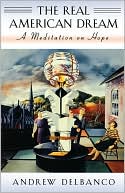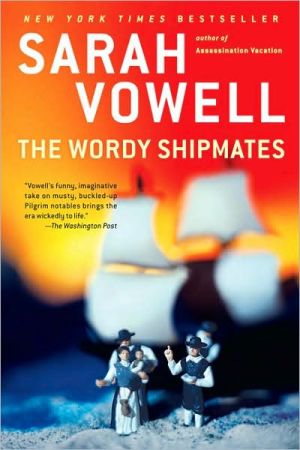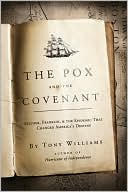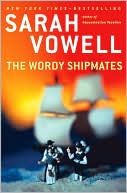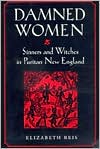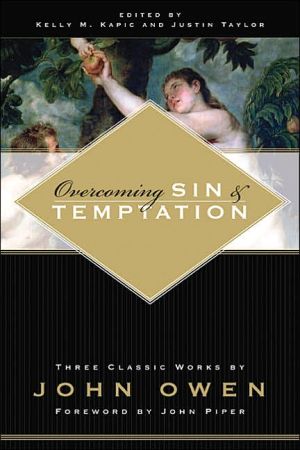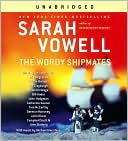The Real American Dream: A Meditation on Hope
Search in google:
Since we discovered that, in Tocqueville's words, "the incomplete joys of this world will never satisfy the heart," how have we Americans made do? In The Real American Dream one of the nation's premier literary scholars searches out the symbols and stories by which Americans have reached for something beyond worldly desire. A spiritual history ranging from the first English settlements to the present day, the book is also a lively, deeply learned meditation on hope.Andrew Delbanco tells of the stringent God of Protestant Christianity, who exerted immense force over the language, institutions, and customs of the culture for nearly 200 years. He describes the falling away of this God and the rise of the idea of a sacred nation-state. And, finally, he speaks of our own moment, when symbols of nationalism are in decline, leaving us with nothing to satisfy the longing for transcendence once sustained by God and nation. From the Christian story that expressed the earliest Puritan yearnings to New Age spirituality, apocalyptic environmentalism, and the multicultural search for ancestral roots that divert our own, The Real American Dream evokes the tidal rhythm of American history. It shows how Americans have organized their days and ordered their lives—and ultimately created a culture—to make sense of the pain, desire, pleasure, and fear that are the stuff of human experience. In a time of cultural crisis, when the old stories seem to be faltering, this book offers a lesson in the painstaking remaking of the American dream. Publishers Weekly A close and passionate reader of American literature, Delbanco (The Death of Satan, etc.) believes that contemporary American culture has lost its once vital sense of the transcendent. This book is, with very little alteration, a transcript of Delbanco's William E. Massey Lectures in the History of American Civilization, which he delivered at Harvard in 1998. "We live in an age of unprecedented wealth," he writes, "but in the realm of narrative and symbol, we are deprived." In three sections--"God," "Nation" and "Self"--Delbanco sketches a broad history of American narrative and symbolic meaning, the nexus of ideas and stories "by which Americans have tried to save themselves from the melancholy that threatens all reflective beings." According to this scheme, from Puritan times through the early 19th century, the dominant idea was God. Sometime around the Civil War, the idea of the nation became the transcendent value. The third part of the book becomes a lament as Delbanco posits that, since roughly the 1960s, "hope has narrowed to the vanishing point of the self alone." Delbanco acknowledges that his conceit presents a "too neat division of American history into two phases of coherent belief followed by a third phase of incoherent and nervous waiting." But his profoundly insightful readings of William Bradford, Walt Whitman, Abraham Lincoln and other American writers, stretching from early colonial times to the present, should succeed in prodding readers to think deeply about how the idea of the nation intersects--or doesn't--with their deepest desires and hopes. (Sept.) Copyright 1999 Cahners Business Information.
PrologueGODNATIONSELFNotesIndex
